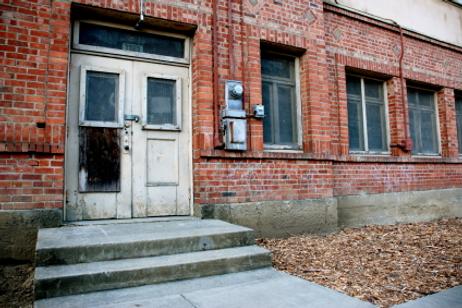The dress code has become a major source of contention at one Mobile County school, as a widespread suspension has resulted in strong feelings on both sides of the issue. While some applaud the suspensions as a way to teach students responsibility, others claim the suspension sends the wrong message to students about priorities. Who is right and who is wrong in this debate? The answer may depend on who you talk to.
Suspensions Come after Numerous Warnings
Al.com reports that the principal of LeFlore Magnet High School in Mobile County recently suspended 100 students on a single day for dress code violations. The principal, Alvin Dailey, said the suspensions were issued after numerous warnings to the students that they needed to abide by the dress codes that had been in place at the school for 16 years.
“I’ve repeatedly told kids before today to pull your pants up, take that jacket off, tuck your shirt in,” Dailey stated at Fox 10. “After a while, it’s time to stop talking and take some action.”
The two-day suspensions created a gamut of responses from parents, students, and even members of the community. Some supported Dailey’s decision, saying the students need to learn “soft” skills – like a professional appearance - in high school that will help them succeed in jobs after graduation. Others complained that Dailey’s extreme measure does little more than take students out of a safe learning environment and put them on their






















